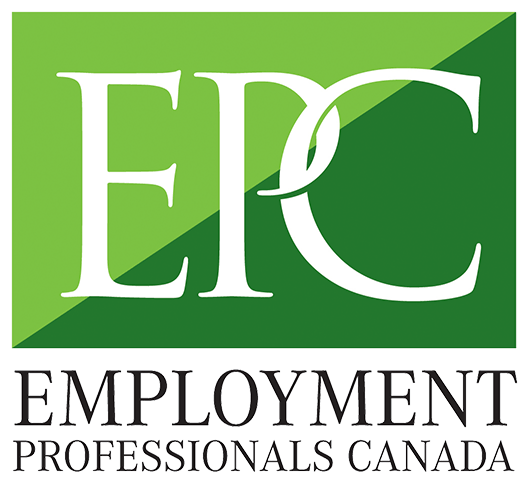It’s not uncommon to feel like you’re on your own when it comes to job searching. While many of us have a handful of professional resources to rely on, reaching out to various employers and/or making new connections when you’re looking for a position can often seem daunting. The time and effort required to cold-call, attend job fairs or ask friends and colleagues to put a good word in on your behalf sometimes just doesn’t seem worth it.
However, a professional network is one of the most valuable tools for any job seeker. Particularly during an economic recession where there are more qualified candidates than job openings, staying tuned in to your industry will give you a significant advantage over the competition.
So although there’s no question that cultivating relationships takes additional time, it’s time well spent if it means gaining insider knowledge on upcoming positions in your field. Plus, with the increasing use of social media for professional networking, you can make considerable networking gains with just the click of a button.
So how do I get started?
When you begin interacting with professional networks, it’s important to stay focused on your career goals. Don’t start reaching out to professional networks indiscriminately. Decide which networks or individuals are relevant to your industry and spend some quality time engaging with them in a polite, respectful manner.
Here are a few other key things to keep in mind when networking:
Learn the difference between social media platforms
Social media is a terrific way to stay in touch with professional networks. That said, not all social media platforms are the same when it comes to networking. And remembering the differences between them is crucial when reaching out to a professional connection.
LinkedIn, for example, is the most common social media tool for professional networking. It’s an ideal forum to add connections, send messages to colleagues and professional acquaintances, or join applicable professional groups. It’s a very career-focused site and is used almost exclusively for this purpose.
Yet when it comes to platforms like Twitter or Facebook, the tone is considerably more casual. While many people use Twitter as a bridge between the personal and the professional, adding a purely professional connection on Facebook may come across as a slight invasion of privacy. That’s not to say that Facebook can’t be used for professional networking. But it’s important to be mindful of the various platforms and choose your communication channels wisely.
Show up and show interest
In addition to exploring the variety of online networking options available to you, it’s just as beneficial when you’re job hunting to attend professional functions. Job fairs, mixers or conferences are a great way to make meaningful, in-person connections that you can then follow-up with online. Sometimes all it takes is a great conversation with a professional connection to ensure that your name is passed on when a job in your field comes up.
Stay engaged
When you’ve started to make professional connections—either online or in-person— the only way to turn them into opportunities is to stay engaged. This might mean staying active within social media networks (posting content, sending personal messages, etc.), or even making follow-up phone calls. Professional connections are just like personal relationships: you need to maintain them if you want them to last.
For more help on how a professional network can help you find the great career you’re searching for this year, contact Employment Professionals Canada. We’d be happy to point you in the right direction or help you find a job in Ontario today!

